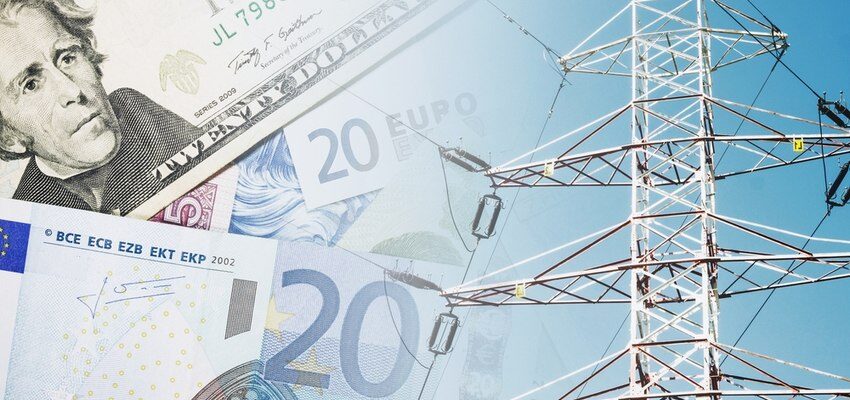Bangladesh electricity gets $515 M boost
Bangladesh, Dhaka: Bangladesh and the World Bank have signed a $515 M financing agreement to help 9 million people get access to reliable electricity.

Image for illustration purposes
Bangladesh, Dhaka: Bangladesh and the World Bank have signed a $515 M financing agreement to help 9 million people get access to reliable electricity.
The financing should help will strengthen Bangladesh’s Electricity Distribution Modernisation Programme aimed at increasing the delivery, reliability and efficiency of electricity supply and strengthen institutional capacity and readiness for its sustainable transformation.
The initiative will support the digitisation and modernisation of 25 rural electric cooperatives in Dhaka and Mymensingh Division and reduce electricity system losses by over 2 %. The programme will increase Bangladesh Rural Electrification Board’s delivery of electricity by 6,790 GWh while improving climate resilience of the electricity system.
“The government of Bangladesh has prioritised access to electricity in the last decade and now the entire population has access to electricity. The installed generation capacity increased five-fold to 25GW in the same period,” said Dandan Chen, Acting World Bank Country Director for Bangladesh and Bhutan. “Through this programme, new and emerging technologies will further strengthen the efficiency and reliability of electric supply in the country to meet the need for faster economic growth,” Chen explained.
Through the BREB, the programme will support solar metering connections for more than 100 customers, bringing 150 MW of new rooftop solar capacity onto the grid. It will improve and construct 31,000 km of distribution lines and deploy 200,000 advanced meters.
In addition, the programme will help strengthen battery energy storage systems (BESS) and distributed renewable energy through preparation of roadmaps for deployment. This will lead to an annual reduction of carbon emissions by 41,400 tonnes.
Source: ESI Africa
#Bangladesh#Bangladesh Electricity#electricity supply#financing agreement#World Bank




